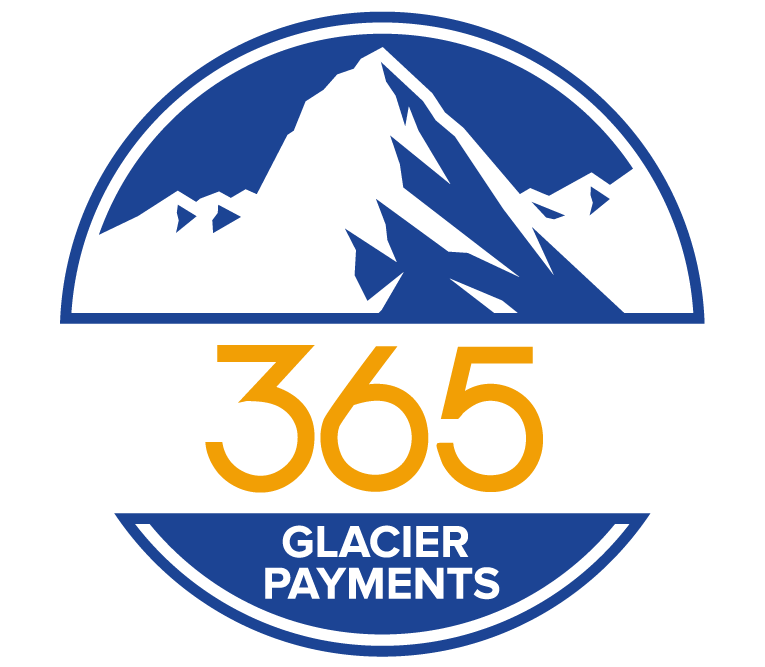Chargeback Arbitration – What It Is and How Your Business Should Handle It
Chargeback and arbitration. Both terms strike fear in the hearts of many business owners. Although a good deal of merchants attempt to avoid arbitration and chargebacks – at all costs in some instances – chargeback arbitration is not always a bad thing. In this article, we will discuss what chargeback arbitration is, how it comes into play for your business, the timelines and fees that chargeback arbitration involves and how you can avoid chargeback arbitration altogether.
For those of you that aren’t familiar with the phrase “chargeback arbitration,” this is the final attempt by the card issuer to resolve a dispute between you as the business owner, and the cardholder. Arbitration only comes into play after previous steps of the chargeback process do not result in an agreement between the cardholder and the merchant. During arbitration, the card brand takes the role of an independent third party and issues a final verdict as to whether the chargeback is upheld or null and void.
First, let’s brush up on the phenomenon of chargebacks. Most business owners are quite familiar with this term. A chargeback is initiated when a customer files a dispute over the validity of a credit card transaction. While some customer chargebacks are legitimate, many are not. It is extremely important for business owners to dispute illegitimate chargebacks, as too many chargebacks may put your business at risk of not being able to accept credit cards in the future, as most banks do not want to work with companies who deal with chargebacks frequently.
Now that we have brushed up on chargebacks, let’s dig into the specific step of chargebacks which involves arbitration. This is the last step of what is already a lengthy process. Arbitration is when the merchant and the card brand review all collected evidence regarding the chargeback claim and make a final decision as to whether the chargeback is upheld or not.
The Chargeback Arbitration Process
The chargeback arbitration process can vary a bit, depending on the card brand that you are dealing with. For example, the chargeback process used to be similar for Visa and Mastercard, but was changed in 2018 for Visa, as they added a second dispute management workflow. In comparison to Mastercard and Visa, American Express and Discover gather additional transaction information while investigating chargebacks. Their reasoning for this is the hope that additional information will do away with the need for a chargeback in the first place. For detailed steps of the full chargeback process, check out our article here.
Once the chargeback process hits the arbitration phase, the business owner can either withdraw the case after accepting liability for the chargeback or proceed with the arbitration. Keep in mind that it is the responsibility of the merchant to provide any information requested by the card issuer during the arbitration process, or a chargeback will automatically be filed with the merchant at fault.
Timelines
Because Mastercard and Visa have more parties involved in their chargeback processes as compared to American Express and Discover, their workflow timelines tend to be a little more structured. For Mastercard, the merchant must accept or decline liability for the chargeback within 30 days of pre-arbitration. The issuer then files arbitration within ten days of the merchant’s decline of the charge, or if a response isn’t provided from the merchant within 10 days. The card brand then issues a final ruling within 3-6 months. An additional component to keep in mind is that most cardholders can only file a chargeback within 120 days of the initial transaction. However, there are a few reason codes that allow reduced timeframes.
Like Mastercard, Visa require the merchant to accept or decline liability within 30 days. If liability is declined (or if the merchant does not respond) the issuer is to file arbitration within 10 days. However, Visa is quicker to issue a ruling than Mastercard, as they generally come to a decision within one to three months. Note that the timelines mentioned above need to be followed by guidelines applied to Visa and Mastercard. Often the merchant has even less time to review and gather data, so that the issuers and acquirers have more time on their end to process the paperwork.
As mentioned prior, American Express and Discover’s chargeback timelines tend to be a bit more fluid, and operate on a case-by-case basis. American Express acts as both the issuing bank and the card network, and gives merchants approximately 20 days to respond during each step of the chargeback process. What is interesting is that American Express does not have an official chargeback arbitration step. The merchant really only has one chance to dispute a chargeback once it is filed. With Discover, merchants are given approximately 20 days to respond to inquiries, as well as 30 days to respond to chargebacks, and 10 days for arbitration filing. Sometimes Discover does not even send an inquiry before filing a chargeback.
Arbitration Fees
Arbitration Fees for merchants tend to add up quickly. Fees are assessed at each stage of arbitration, and include administration costs, filing costs, etc., which generally range from $100-$250 per action taken. The kicker is that the losing party is responsible for ALL fees, which generally add up to $700 or more per arbitration.
How Do I Avoid Chargeback Arbitration?
After reading the bulk of this article, most merchants glean that chargeback arbitration is best to be avoided due to possible fees, cost of labor to gather needed documents, as well as the time it takes to complete the process. One component to take into consideration when deciding whether to go into arbitration is the dollar amount that is being disputed. If the arbitration involves a high dollar amount and has the potential to recoup more than the arbitration fees, it may be worth going the arbitration route. However, most of the time, avoiding chargebacks as a preventative measure can save your company endless time and money. There are various programs than enable you, as the merchant to take control of chargebacks, and to get ahead of them before they are filed.
365 Glacier Payments has over two decades of experience in guiding merchants through chargeback arbitration, as well as the chargeback process as a whole. 365 Glacier Payments provides clients with extensive expertise in avoiding chargebacks by utilizing multiple chargeback mitigation software options as well as implementing and providing education on Rapid Dispute Resolution (RDR). If you have additional questions or would like to learn more about chargeback arbitration, please schedule an appointment here. If you prefer, you can reach us at 866.857.8766 or email info@365glacierpayments.com. We look forward to hearing from you!





